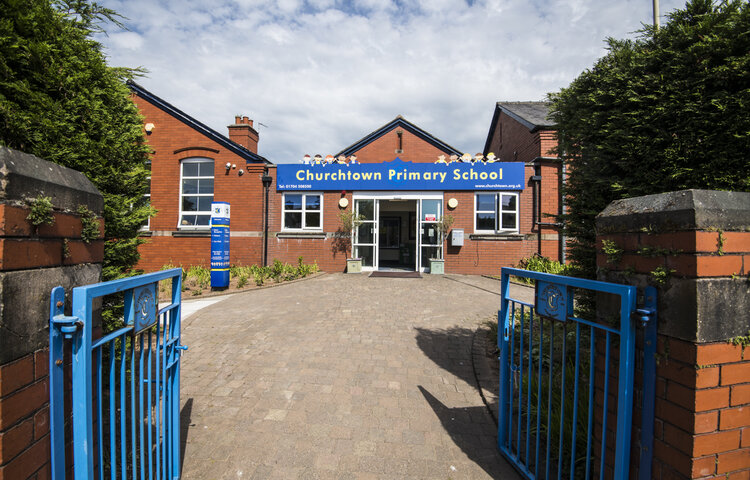Foundation
Faculty Overview
The Foundation Faculty at Tarleton Academy is a dedicated team of teachers who strive to empower our young people with the knowledge and skills they need to be global citizens. We are all passionate about our unique subject areas and united in our goal to cultivate independent thinkers who understand the importance of being culturally aware, environmentally conscious and linguistically capable so they can explore their place in the world and make a positive difference. The Faculty consists of the following Curriculum Areas:
- MFL: Spanish
- Geography
- History
- Religious Studies
Foundation Staff
| Mrs Jones | Director of Foundation Faculty and Head of MFL |
| Mr Henderson | Head of Geography |
| Mr McNamee | Teacher of Geography and Assistant Headteacher |
| Mrs Bryan | Teacher of Geography |
| Miss Bailey | Head of History |
| Ms Garrett | Teacher of History and Head of Key Stage 4 |
| Ms Tattersall | Head of Religious Studies |
| Mr Betney | Teacher of RE and Assistant Headteacher |
| Ms Lythgoe | Teacher of MFL |
Foundation Faculty Curriculum
Students in Years 7-9 receive 4 lessons a fortnight in History and Geography and 3 lessons a fortnight in RE.
Students in Year 7 and 8 receive 6 lessons a fortnight of Spanish and then 4 lessons of Spanish in Year 9.
Students in Years 10 and 11 receive 6 lessons a fortnight of all their GCSE option subjects.
What is the EBACC?
The English Baccalaureate isn't a qualification, but it is a recommended set of subjects at GCSE that provide students with greater opportunities in further education and increases the likelihood that a pupil will stay on in full-time education. Secondary schools are measured on the number of pupils that take GCSEs in these core subjects and how well they do.
The EBACC is a combination of these subjects:
- English language and literature
- Maths
- Science
- Geography or History
- A foreign Language
The government’s ambition is to see 75% of pupils studying the EBacc subject combination at GCSE by 2022, and 90% by 2025. Research reveals that studying the EBacc can also help improve a young person’s performance in English and maths.

